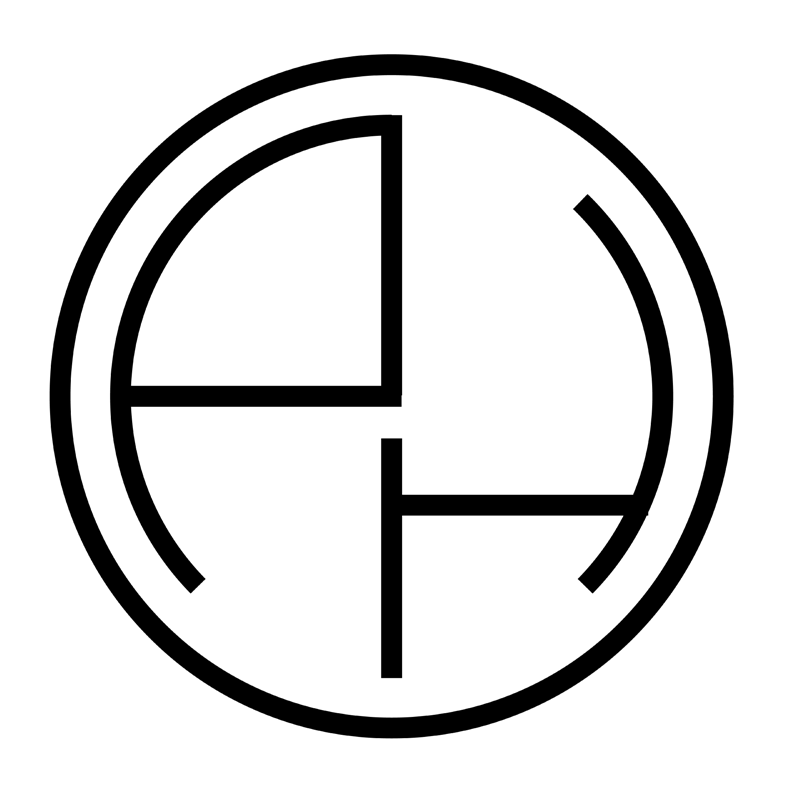It took my husband and I two years to get pregnant.
I was using ovulation strips and talking to all my friends who were mothers about their journey to conceive. I was getting frustrated each time my period would appear, even though I could clearly see patterns of peak fertility.
I even started acupuncture and traditional Chinese herbs, and even though I was terrified of needles, I offered it up each time the acupuncture needle pricked my body.
I heard about the Marquette method from a physician friend and was about to try that out too.
Then it happened.
I missed my period by one day and struck up the nerve to finally use a pregnancy test.
It seemed surreal that I was finally pregnant. Elated, I kept the news to ourselves for three months. Just in case. Miscarriage was not new to my circle of friends.
The first trimester passed and I finally told our family and friends. Then I started to feel an achy swelling in my breast.
After I told my delivery doctor about it, she recommended I get an ultrasound just in case. It was probably nothing. Swollen milk ducts perhaps. At the lab, the technician seemed uneasy. I told myself it was probably because they aren’t allowed to say anything until a radiologist verifies things. The radiologist came in and told me to stay behind for a mammogram. “I’m only 34 years old,” I told myself. Too young.
Then they asked if my husband was with me. He was parking the car because he promised to be at every pregnancy-related appointment with me. I called him, then told my stomach to stop sinking. It was going to be okay. The universe wouldn’t let this happen to me.
Tears started rolling down my eyes as we received the news. It could be breast cancer. I had to come back for a biopsy next week. I wailed the most demoralizing “why me?” in those weeks.
The end of February 2023 was the start of the scariest time in my life. I had a baby to protect, but didn’t know how. Time flew by as each day brought different news. I had to start chemotherapy right away, they said. Would that hurt the baby? I couldn’t have surgery before I gave birth, they said. Could we trust the doctors here? Did any of our friends and family actually know a good oncologist? How bad was it?
Through a whirlwind of second and third opinions, and reaching out to people we had not talked to in a long time, we were blessed to be introduced to my current oncologist at the B.C. Cancer Agency, an empathetic leader and quarterback on my medical team. I was recommended to Maternal Fetal Medicine at B.C. Women’s Hospital and a breast surgeon at Providence Breast Centre, at Mount St. Joseph Hospital.
Each week brought more tests and biopsies, and with them, even worse news.
Apparently I had stage 3 breast cancer, but they couldn’t stage it properly at the time. The tumour measured 10 cm and had travelled to my lymph nodes in the right axilla. I went from being a “healthy” person who never visited the doctor’s office to a high risk cancer patient in the span of a weekend.
The next months involved eight cycles (24 weeks) of chemotherapy, with a break between them to give birth. What was supposed to be an easier second trimester of pregnancy became sleepless nights wrought with anxiety, sometimes giving into thoughts of just making it to the birth of my son, and nothing more.
Was my baby safe? Apparently there are chemotherapy drugs that don’t pass the placenta. But I had to start the fifth cycle near the end of my third trimester with a chemotherapy drug that did cross the placenta. The doctors reminded me it was a constant balance between what was best for the baby and what was best for me.
My husband walked with me in those dark days, stubbornly staying at my side. The pain I felt emotionally was sometimes matched by the pain of seeing my hands full of hair falling out around the fourth week after my first chemotherapy session. My husband was with me as I buzzed the rest of my hair off and with each frustrated tying of my hair scarves. He kept his promise to be at every chemotherapy session. He sat through what became three-hour sessions as my veins started getting overused and physically made me writhe with pain and clutch my growing belly.
Looking back on the crazy months and years since my diagnosis, I’ve had the utmost joy of giving birth to a healthy boy, as well as the deepest sadness of going through surgery after surgery. Four surgeries so far, with a fifth on the way.
But time passes. The phrase “this too shall pass” helped me through the darkest times.
Through this humbling experience, I reflect on the lessons I’ve learned.
I have learned how depressingly speechless “how are you?” makes one feel when going through a difficult sickness. Instead, I’ve realized how uplifting it is to hear: “I’m with you.”
There is also definitely room for improvement in the Vancouver Coastal Health Authority. In a system with one personal health care number for an individual, communication and data-sharing is clearly lacking. Our health care software systems should be modern enough to not solely rely on a faxed requisition form with no visibility into imaging done from one city to another.
If I didn’t know how to advocate for myself through understanding why certain procedures needed (or didn’t need) to happen, and if I didn’t have the connections with doctors and radiology oncologists who helped me ask the right questions, I would have gotten three too many scars that were completely unnecessary.
